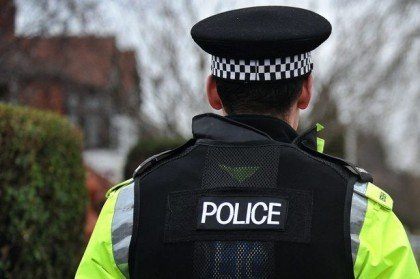UK Government May Force Tech Companies to Use Online ‘Extremism’ Filter
The British government has funded the development of an online “extremism” filter which technology firms could be legally compelled to use, the Home Secretary has revealed.
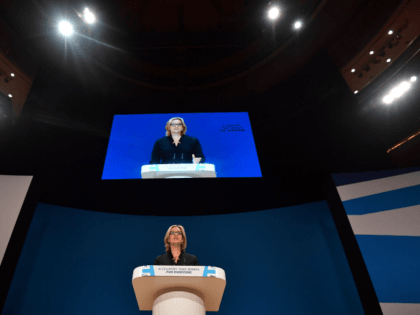
The British government has funded the development of an online “extremism” filter which technology firms could be legally compelled to use, the Home Secretary has revealed.

British Prime Minister Theresa May has proposed further internet regulations following the London Bridge terrorist attack. Several major tech companies, as well as WikiLeaks, were quick to respond.
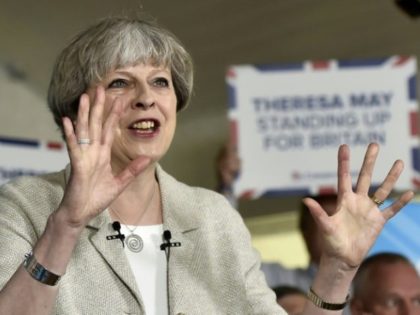
Wide-ranging surveillance powers which passed into law yesterday will undermine our “fundamental rights” and have “no place in a modern democracy”, the inventor of the internet, Tim Berners-Lee, has said.

An independent review of draft British security legislation said bulk interception and collection of citizens’ personal data was vital for the intelligence agencies to prevent attacks, a position welcomed by Prime Minister Theresa May.
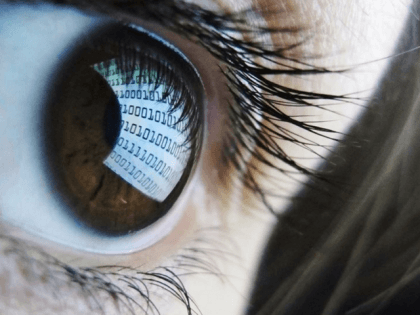
Apple is formally opposing a proposed UK law that requires tech companies to provide a way for authorities to access encrypted messages. The software giant has prided itself on communications so secure that not even it can read some messages. Under so-called “end-to-end encryption,” only sender and receiver have the capacity to unscramble a message.

The UK Home Secretary, Theresa May, unveiled the government’s controversial Draft Investigatory Powers Bill in Parliament today. Dubbed ‘The Snooper’s Charter’ by critics, the bill will overhaul the surveillance powers of police and security services.

Britain’s government published proposals for new Internet spying laws Wednesday to keep pace with the digital age and crack down on terror threats, but critics have branded the package a “snooper’s charter”. The plans are expected to grant intelligence agencies
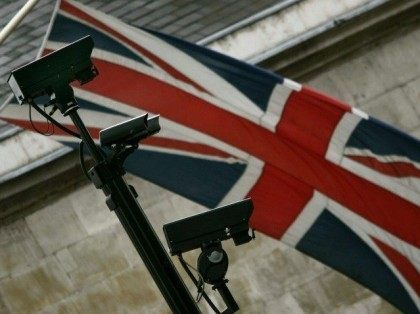
Something embarassing in your web history? British police will be able to see it under new powers granted by the draft Investigatory Powers Act, dubbed the ‘Snooper’s Charter’ by critics.
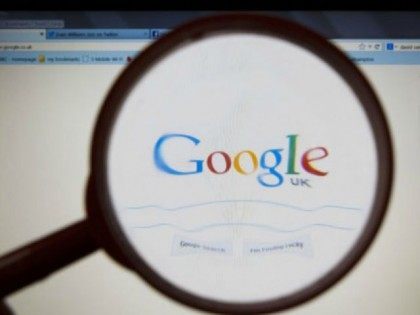
In a speech tomorrow, the Prime Mister will announce a ream of new measures to fight extremism, including banning extremists from the Internet and from working with children, and closing some mosques. The government will also revive the so-call “snooper’s
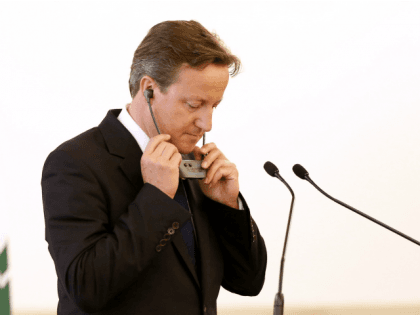
Three senior Metropolitan Police officers were due in court today over allegations that the police are using anti-terrorism laws to snoop on the media. It follows a number of cases in which police were said to be using their powers
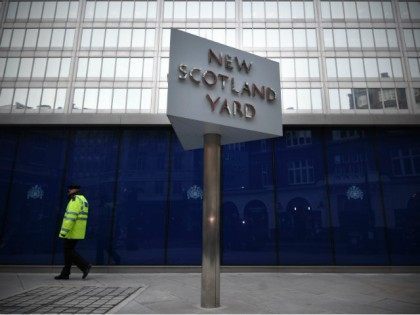
British police forces are making requests for access to the “who, where and when of any text, email, phone call or web search” carried out by private individuals on average once every two minutes, according to a new report. The
